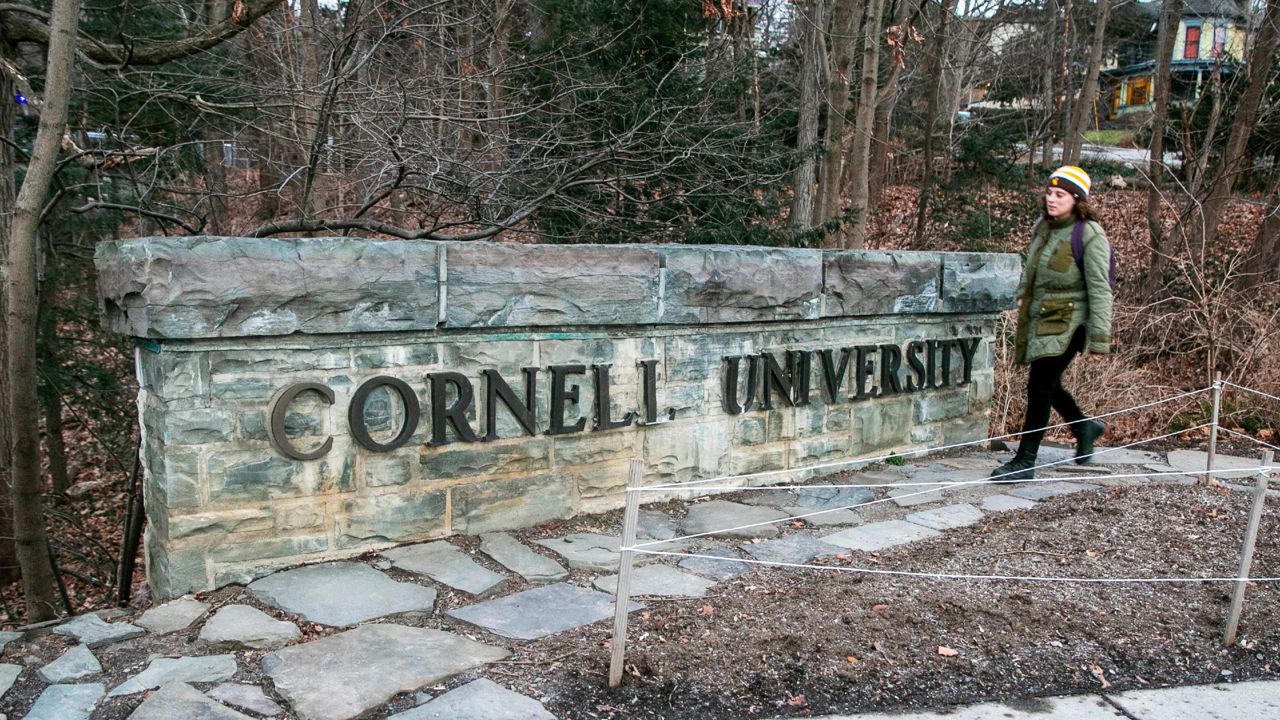In January, the Cornell Board of Trustees voted unanimously to back Pollack after Jon Lindseth, a 1956 graduate of the school and former trustee, called for her resignation, citing a “headlong support for DEI policies” has come at the expense of the mission of the university, using the abbreviation for diversity, equity and inclusion.
Prior to that in November, at a House Judiciary Committee hearing focused on free speech on college campuses, Amanda Silberstein, a Jewish student at Cornell University, said she had seen antisemitic tropes from classmates on social media, anti-Israel signage and graffiti on campus and a professor publicly justify Hamas’ attacks on Israel.
Cornell is one of the many universities and colleges across the nation with a pro-Palestinian encampment on campus.
Pollack said there will be more to do over the coming months and years.
"Higher education has come under attack from many quarters, and our core values have faced enormous pressure. And yet, my faith in the positive role that universities like Cornell play in our society is stronger than ever," she said. "We change the lives of our students. We change the lives of the communities our graduates go into. We change the lives of the people who are affected by the research we do, the discoveries we make, and the art we create. We are not just educating students for their careers. We are educating them to be able to thrive in their lives and in our democracy."



